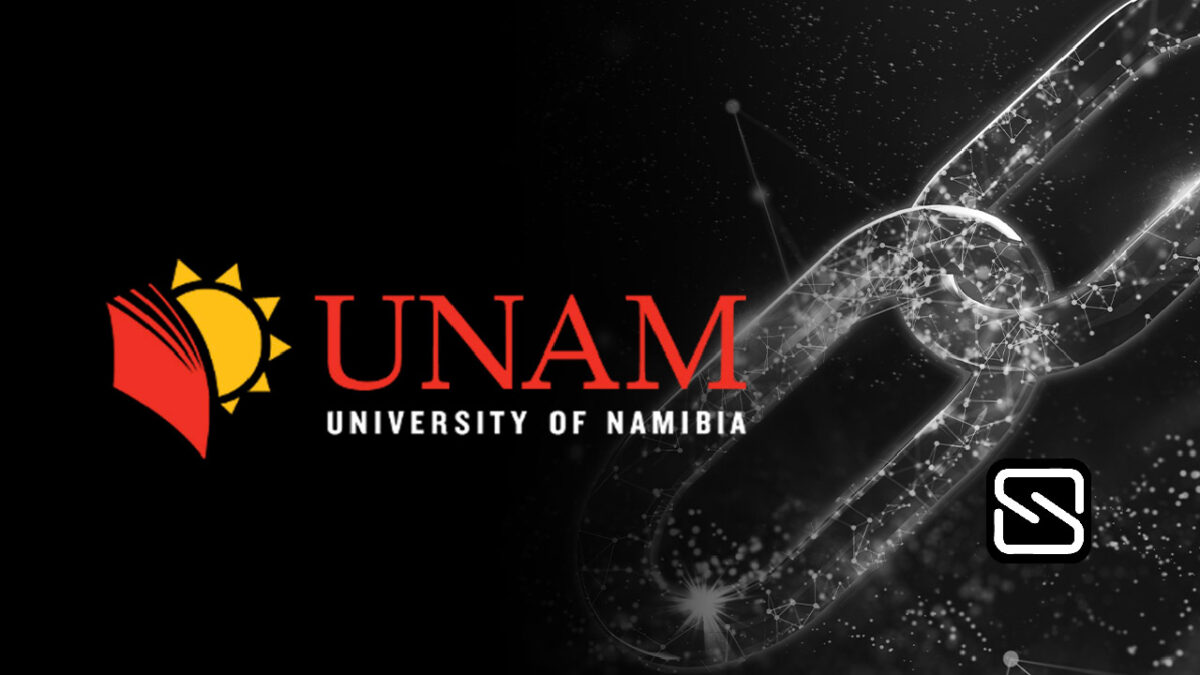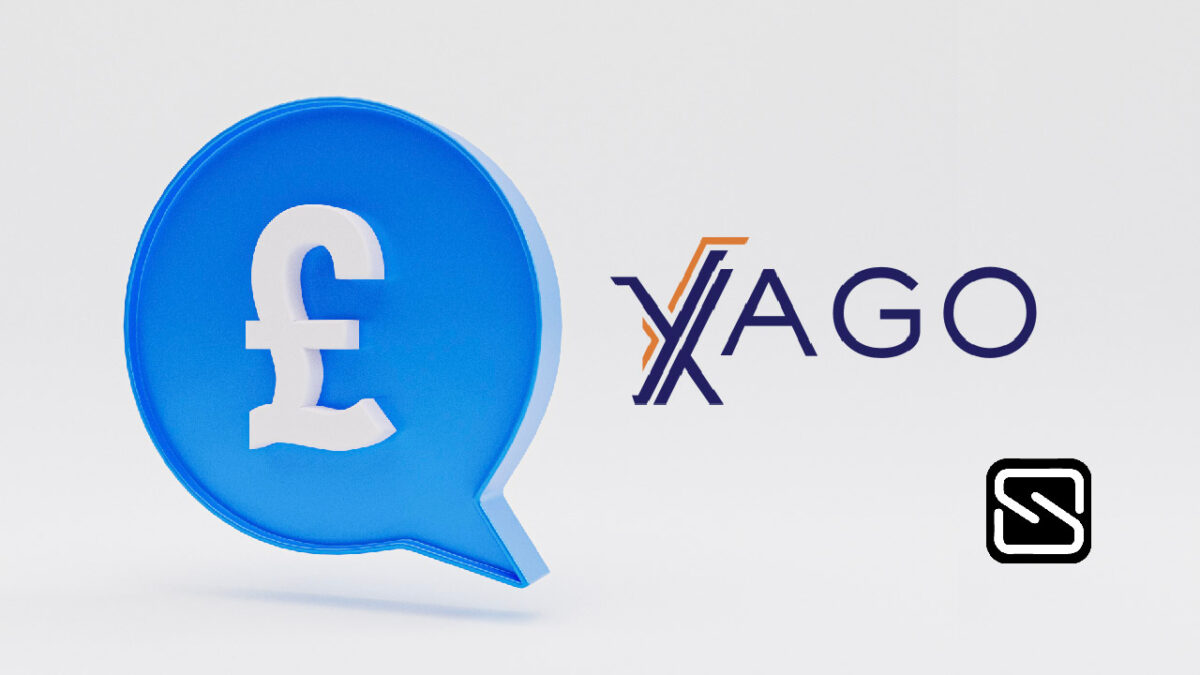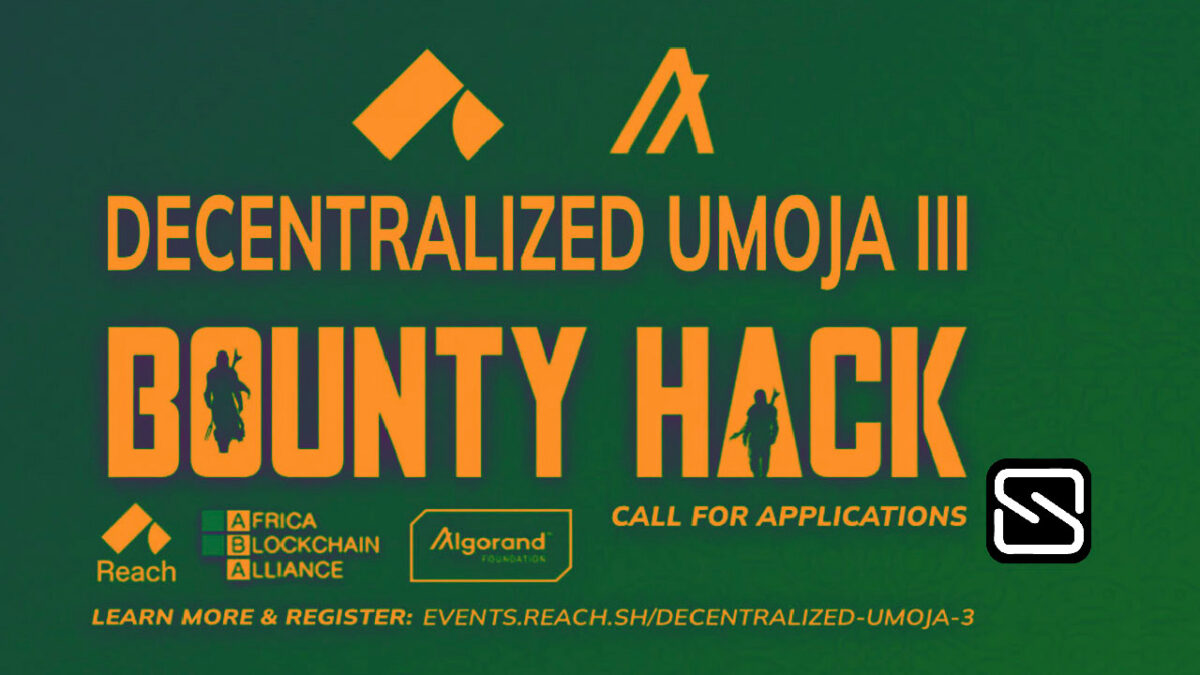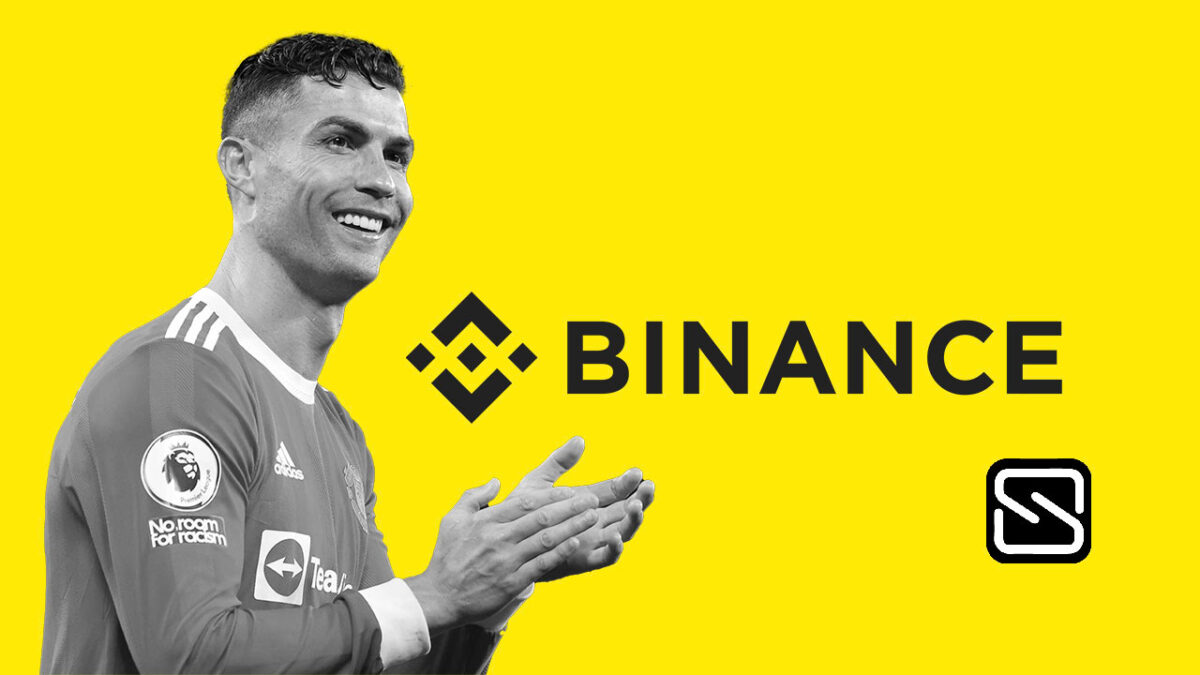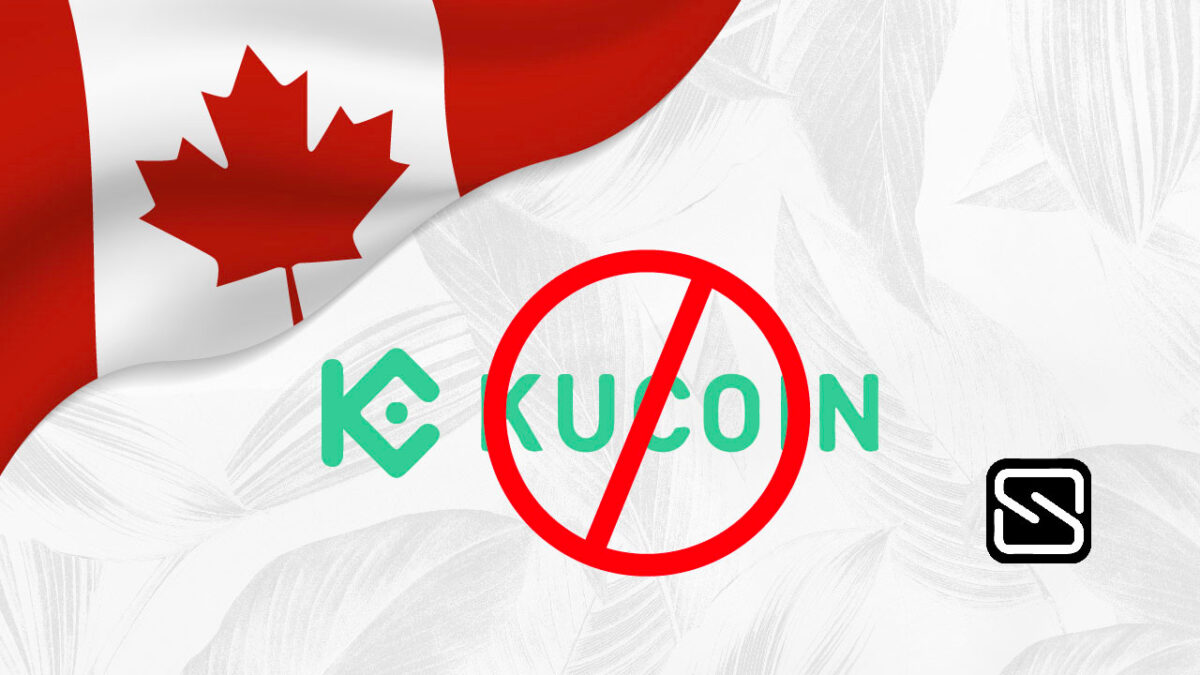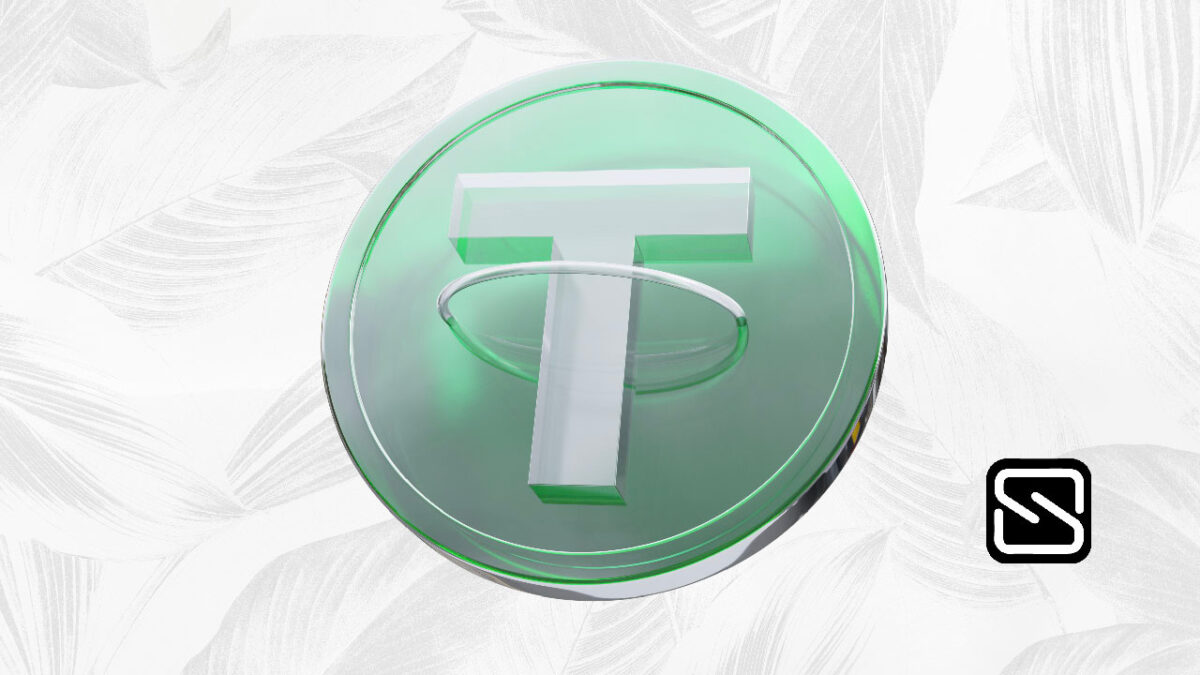The Central African Republic (CAR) shocked the world when its president announced on 28th April this year that the country had adopted bitcoin as legal currency, making it the first country in Africa.
Most people didn’t anticipate that it would be this small African country to be the one to follow El Salvador’s move since it was the first to recognize bitcoin as a legal tender, globally.
However, a number of factors might make the CAR an obvious place for bitcoin adoption. For example, the CAR has one of the lowest Gross Domestic Product (GDP) in the world. Additionally, its population, for the most part, is kept outside of the financial system and is unwillingly shielded from technological developments like smartphones and the internet.
Intrigued by these circumstances, a team of Bitcoin experts and enthusiasts, dubbed the Bitcoin Delegation, traveled to the Central African Republic to learn more about the conditions there and to analyze how it might be able to inform CAR officials on how to use Bitcoin for the better.
The team was composed of Alex Gladstein, Head of Strategy at the Human Rights Foundation, Stacy Herbert, CEO of El Zonte Capital, Samson Mow, CEO of JAN3, Fodé Diop, CEO of the Bitcoin Developers Academy, Nicolas Burtey, CEO of Galoy, Noor El Bawab, Director of Partnerships at Galoy, Sebastien Gouspillou, CEO of BitBlock Data Center, Richard Détente, CEO of Détente Coopération, David Oren, Co-founder of Solarly, Jean-Christophe Busnel, Organizer of Surfin’Bitcoin and StackinSat, Josselin Tonnellier, Co-founder of Surfin’Bitcoin and StackinSat, Gloire Wanzavalere, Co-founder of Kiveclair and Africa Bitcoin Conference, Gilles Cadignan, CEO of Woleet, Jeff Gallas, CEO of Fulmo, and Lionel Jeannerat, CEO of PVHIstoire.
However, only seven traveled to the CAR: Burtey, El Bawab, Gouspillou, Oren, Busnel, Cadignan, and Wanzavalere.
Burtey, CEO of Bitcoin banking software company Galoy, shared the findings of the group’s recent trip to the Central African Republic.
- The country lacks the infrastructure
According to Burley, the CAR must work on its infrastructure to fully adopt the digital currency, Bitcoin. The citizens can barely access the internet and electricity.
He says, “The first thing that is striking is that there is no infrastructure in the country. Meaning that there is barely electricity or internet in the country, even if you’re in the capital city.”
By 2017, account ownership at a financial institution or with a mobile-money-service provider was 13.75% of the CAR population aged 15 years or more, per World Bank data. For comparison, the percentage of El Salvador’s population with access to the banking system was around 30% that year, per World Bank data.
Additionally, the population of the Central African Republic also has spotty access to the internet and energy, according to the World Bank. Barely 15% of the country’s population has access to electricity as of 2020, and only 10% used the internet. Only 38 out of every 100 persons in the CAR has a mobile cellular subscription as of 2020. When considering fixed broadband connectivity, the situation is significantly worse because there are just 0.01 subscribers for every 100 persons in the nation.
With minimal infrastructure, this could be a barrier to CAR’s intentions.
- CAR population lacks an understanding of Bitcoin
The CAR population barely understands anything about Bitcoin and cryptocurrencies. According to the findings, Government representatives and the local population are still unaware of the power of Bitcoin. It appears that only CAR President Faustin-Archange Touadéra truly understands peer-to-peer currency, a phenomenon that has essentially caused the country to put the wagon before the horse.
“My understanding is that the president is the one who decided to adopt Bitcoin. He has a Ph.D. in mathematics with a focus on cryptography. But many other members of the government, pretty much everyone, don’t really understand the difference between ‘crypto’ and Bitcoin,” Burtey said.
Burtey explained that in their conversations with the Government officials, the Bitcoin experts attempted to demonstrate why the CAR would be better off focusing on Bitcoin alone instead of embarking on the novel, esoteric use cases promised by tokens and “crypto.”
He added that while CAR had launched the Sango project, an initiative that was launched to pave the way to a digital future of endless possibilities, this whole idea seems new to the officials.
However, Burtey added that the CAR population has not only been kept in the dark regarding Bitcoin but it is further held back by the lack of proper conditions for its adoption to flourish. While it catches up, the country could start benefiting from the P2P currency before those issues are resolved in at least one way.
- The country lacks monetary freedom
Being under the CFA franc system, huge hurdles exist for the Central African Republic to be able to sell its natural resources to foreign nations.
According to the International Monetary Fund (IMF), the CFA franc zone consists of 14 nations in sub-Saharan Africa. Eight countries comprise the West African Economic and Monetary Union, while six make up the Central African Economic and Monetary Union. The CAR is part of the latter.
All of the 14 nations in the zone, of which only two were not French colonies, adopt the CFA franc as their official currency.
The Bitcoin experts advised that Bitcoin could provide a way out of such monetary colonialism. In selling its natural resources for BTC, the CAR could bypass the hurdles and bureaucracies intrinsic to the CFA system. It could be the first step toward a more sovereign nation in Central Africa.
The visit of the Bitcoin Delegation to the Central African Republic culminated in a report sent to the country’s officials detailing the findings of the group as well as its recommendations for better and more effective adoption of bitcoin.
According to the report, here are some of the ways in which CAR could utilize Bitcoin to fix the challenges above.
- Focus on Bitcoin
As was already mentioned, the delegation’s first suggestion was to concentrate just on embracing Bitcoin rather than starting out with many cryptocurrencies at once.
According to the Bitcoin Delegation, by sticking with Bitcoin, adoption would be facilitated nationwide and people could be sure that the laws governing their new currency wouldn’t change.
“Hundreds of crypto projects disappear every year however, Bitcoin continues to prove its ability to withstand any test, thanks to its high level of decentralization. Focusing on Bitcoin, and only Bitcoin will help avoid all the pitfalls of the crypto industry, and will allow people to stay away from the thousands of fraudulent projects.” The report states.
“Not focusing on Bitcoin alone will slow the population’s adoption process, or could even make it fail,” the Delegation concludes.
- Having a lightning network
The Bitcoin Delegation explained that Lightning, Bitcoin’s overlay network for cheap and fast payments, was the key technology that allowed El Salvador to feasibly utilize bitcoin for everyday transactions. Likewise, it is critical that the CAR adopts the network for a better user experience.
“Lightning aims to enable fast transactions and solve Bitcoin’s scaling problem by dramatically lowering transaction costs. The deployment of Lightning nodes within CAR will ensure the sovereignty of payments, and the uncensored use of the network,” per the report.
- The country should start Bitcoin mining
As citizens start to buy and sell bitcoin as well as use it for payments, the Bitcoin Delegation envisions a way for the country itself to start profiting from Bitcoin mining.
“The Central African Republic has abundant sources of energy. According to our sources, the hydroelectric potential could create an installed capacity of 700 to 2,000 MW [megawatts]. Several hydropower plant projects exist in the drawers at Bangui, but unfortunately, they have never come to fruition due to a lack of financing,” The report says.
The delegation argues that the country could leverage bitcoin mining “as a subsidy” to tap into that underexploited clean energy potential.
An engineering team of Gouspillou’s company will offer “full technical and strategic support” for the CAR to carry out such a bitcoin mining project. The report also calls on those interested in supporting the initiative to reach out to Gouspillou and find ways they could help.
- Crypto education is important
More importantly than having the tools to use is knowing how to use them. With that in mind, the fifth recommendation made by the Bitcoin Delegation surfaces the area of Bitcoin education.
“A considerable portion of the Central African population does not yet understand what bitcoin is and its merits as the country’s legal tender. The success of the legalization of bitcoin cannot be achieved without the involvement of government, civil society, and academia. For this to happen, it is essential to train the population to understand the added value of Bitcoin for the prosperity of the Central African Republic.”
The delegation recommended that CAR officials work together with the Bitcoin community to establish three educational programs in the country: government, civil society, and university initiatives.
Given the situation on the ground in the CAR, it is clear that much work needs to be done before the population can start benefiting from bitcoin adoption.
Infrastructure and more education are desperately needed in the African nation, and as such, government officials and the private sector will need to join forces to create the conditions for the P2P monetary network to properly flourish. Nevertheless, the CAR can begin experimenting with the technology right away to bypass decades-old export limitations and attract foreign investment into the country. Its natural resources can be a powerful anchor on which officials can rely, seeking capital from abroad to nourish their land.
The Bitcoin Delegation’s report also offered more solutions such as supporting the Sango wallet and issuing Government bonds on the lightning network.
